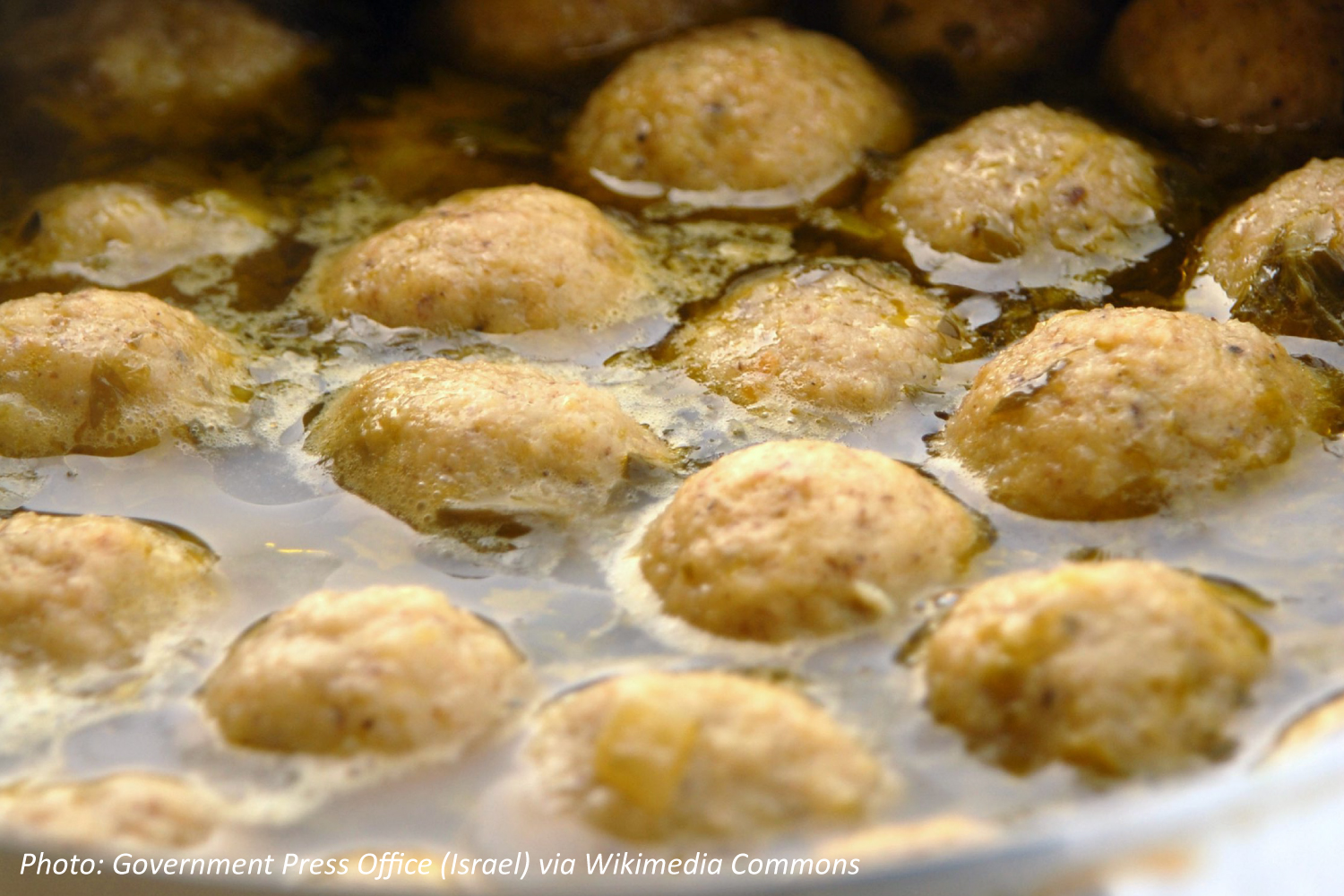(Note to parents: As we do on special holidays, today we’ve included an extra math problem about Passover, for those who celebrate or would like to learn more about it. Enjoy!)
This evening marks the beginning of Passover, the Jewish celebration of freedom from slavery in Egypt over 3,000 years ago. Thousands of years later, Jewish people celebrate this important holiday with family, friends, and special foods. Counting the days and nights, counting the questions, and watching for the time of sunset all use numbers that are key to the holiday. Read on for some Passover math!
Wee ones: During the Seder, you might get to ask the 4 questions about why Passover is different from any other holiday. If you’ve asked the first 2 questions, how many questions do you have left?
Little kids: Passover starts at sundown. If the sun sets at 8:00 pm tonight and right now it’s 6:00, how many hours until Passover starts? Bonus: If Passover ends 8 days from now, and today is April 1, what date is the last day?
Big kids: During the Seder, adults sometimes hide the afikomen (piece of matzah), and dinner can’t finish until the kids find it. If the afikomen is hidden at 8:55 pm and it takes you all 7 minutes to find it, at what time can you finish dinner? Bonus: The world’s largest ever matzo ball weighed 267 pounds. How many of you would you need to pile up to weigh at least as much?
Answers:
Wee ones: 2 more questions.
Little kids: 2 more hours. Bonus: April 9.
Big kids: At 9:02 pm. Bonus: Different for everyone…add your weight in pounds to itself until it is 267 pounds, or a little more.



